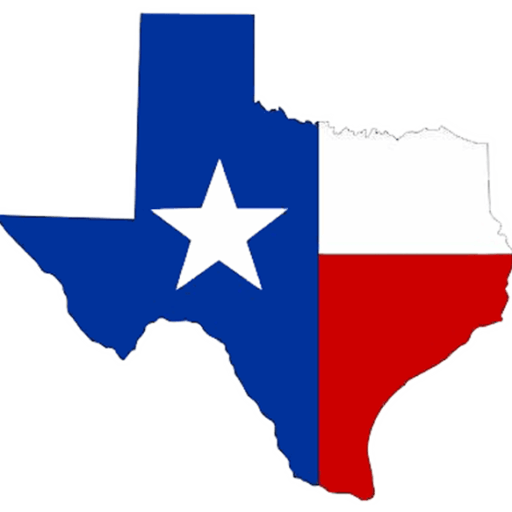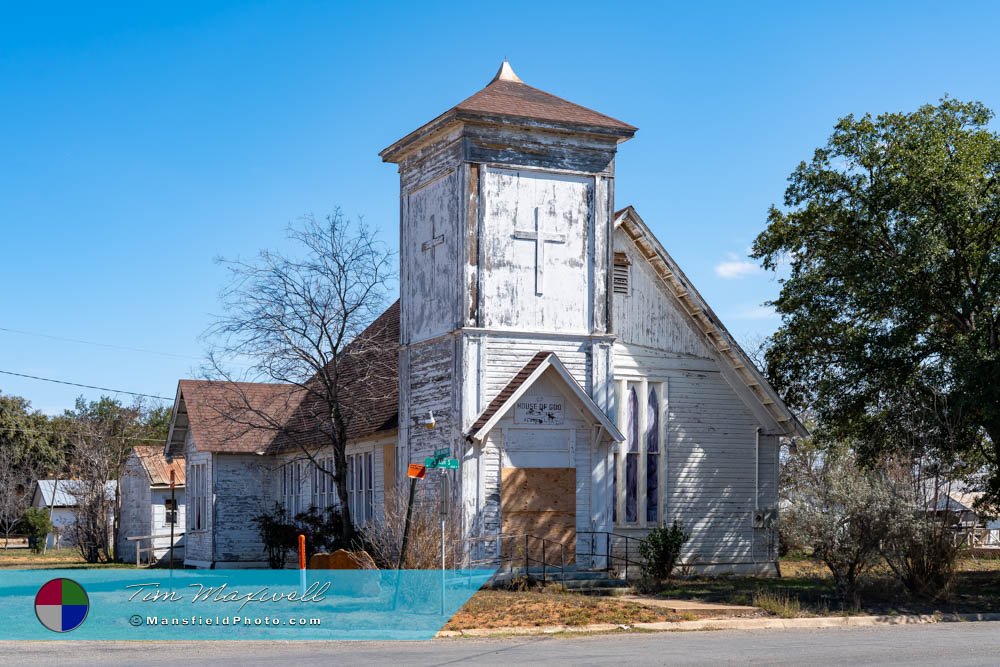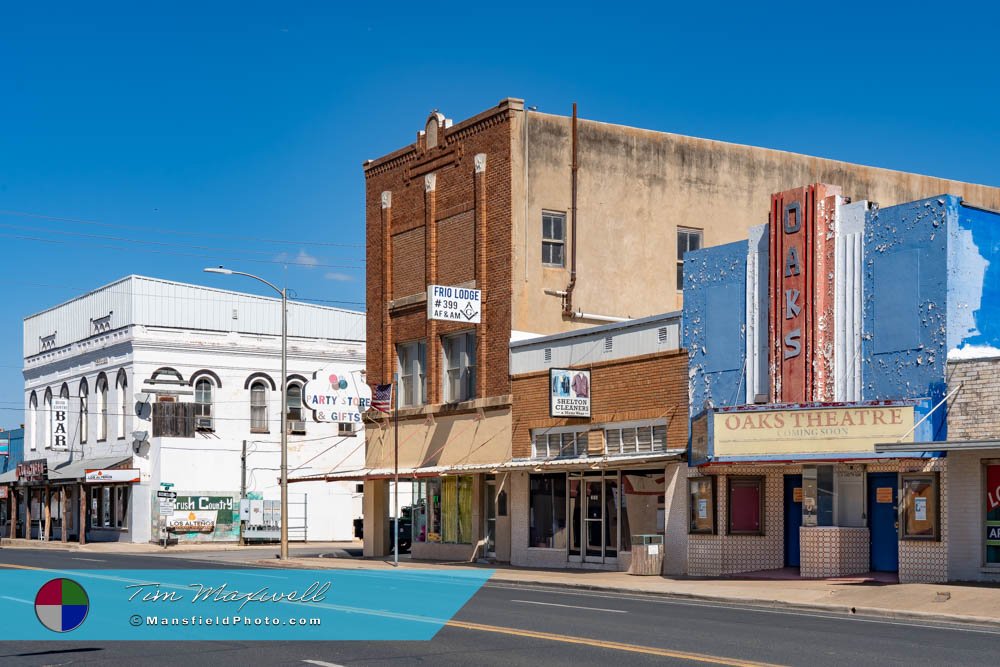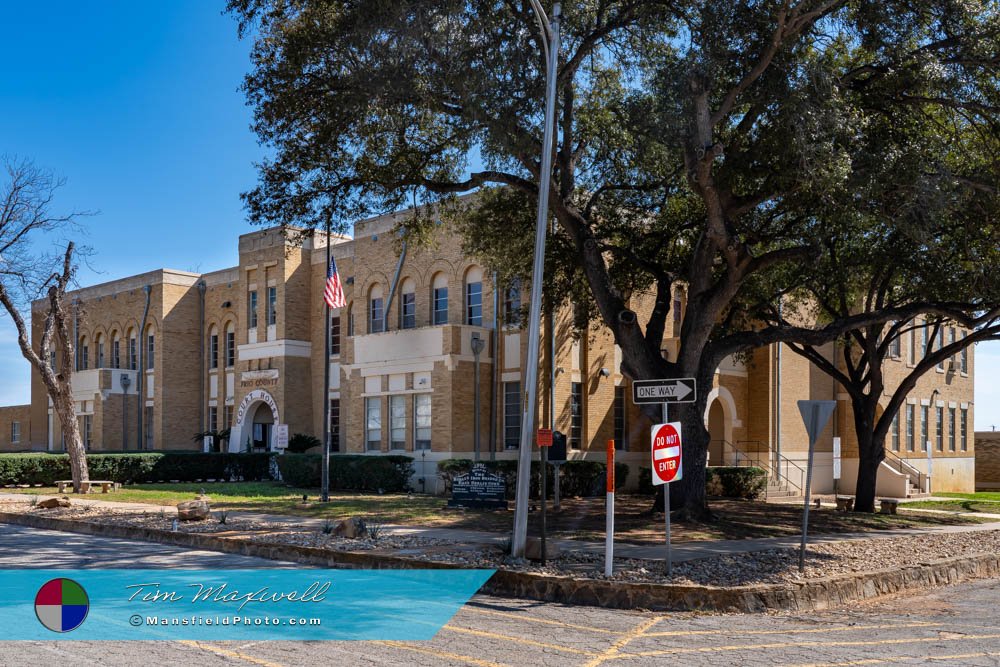Mansfield Photography
Pearsall, Texas
– Trails, Trains, and Transformation.
Long before modern settlements, the area now known as Pearsall was inhabited by the Pachal, a band of Coahuiltecan hunter-gatherers. These early residents thrived in the region, relying on its natural resources for sustenance. One notable feature of the area was its artesian wells, with one located at what is now Moreno Park, serving as a vital water source and encouraging early habitation.
The Influence of Historic Trails
The region’s significance grew with the establishment of key trails and routes. In 1685, French explorer René-Robert Cavelier, Sieur de La Salle, ventured through the area, marking the beginning of European interest. By 1691, the Camino Real, also known as The King’s Highway, traversed the land, facilitating Spanish expeditions and missions. In 1731, settlers from the Canary Islands passed through on their way to San Antonio, further embedding the area’s place in the tapestry of Texan history.
Founding and Naming
The town’s formal establishment is closely tied to the expansion of the railroad in the late 19th century. In 1882, the International-Great Northern Railroad extended its lines to a notable water well in the area. Recognizing the potential for development, the railroad company platted a town at this site, naming it after Thomas W. Pearsall, a vice president of the railroad.
Transition of the County Seat
The establishment of the railroad and the new town prompted a shift in the county’s focal point. Previously, Frio City (later known as Frio Town) served as the county seat. However, with the burgeoning growth around the railroad, a movement to relocate the county seat emerged. By 1883, after a decisive vote, Pearsall became the new county seat of Frio County, leading to a migration of businesses and residents from Frio Town to the new hub.
Early Development and Growth
The town’s early years were marked by rapid development. By 1884, it boasted a population of approximately 700 residents. The community supported twenty businesses, three hotels, three churches, a district school, and a weekly newspaper known as the “Pearsall News.” This period laid the foundation for the town’s economic and social structures
Economic Evolution: Agriculture and Energy
Agriculture played a pivotal role in the town’s economy. The fertile lands surrounding the area were ideal for farming, with peanuts emerging as a significant crop. The town even erected a Peanut Monument, symbolizing its importance to the local economy.
The 1930s ushered in a new economic era with the discovery of oil. This discovery diversified the town’s economic base, bringing prosperity and attracting workers and businesses related to the energy sector.
Architectural Heritage
The town’s architectural landscape reflects its rich history. The Frio County Courthouse, constructed in 1904, stands as a testament to early 20th-century design. Despite undergoing remodels in 1937 and 1950, it retains several Romanesque details, symbolizing the town’s resilience and commitment to preserving its heritage.
Notable Personalities
The town has been home to individuals who have made significant contributions in various fields. Country music legend George Strait, although born in Poteet, Texas, was raised in Pearsall, drawing inspiration from the region’s rich musical heritage.
Modern-Day Pearsall
Today, the city continues to thrive as a vibrant community. As of the 2020 census, the population stands at 7,325 residents, reflecting steady growth over the years.
The city serves as a hub for agriculture, oil, and gas industries, balancing its historical roots with modern development. Community events, local festivals, and a commitment to preserving its rich history make it a unique blend of past and present.
Conclusion
From its early days as a crossroads for explorers and settlers to its establishment alongside the railroad and evolution into a modern city, Pearsall, Texas, embodies the spirit of resilience and adaptability. Its rich tapestry of history, culture, and community continues to thrive, honoring its past while looking toward the future.
📸 Interested in More Photos of This Town?







